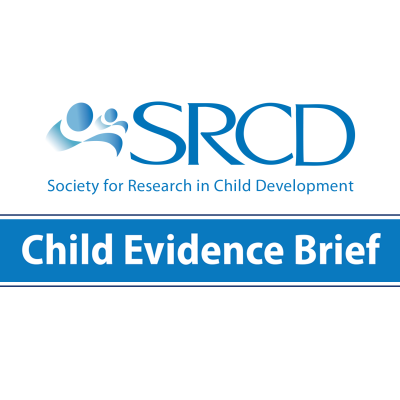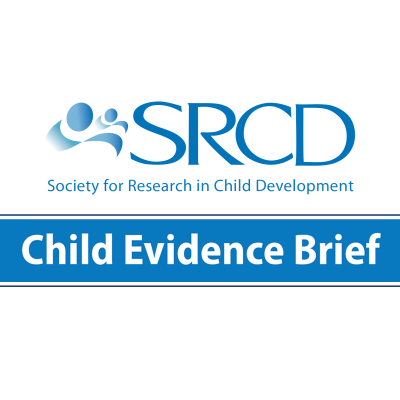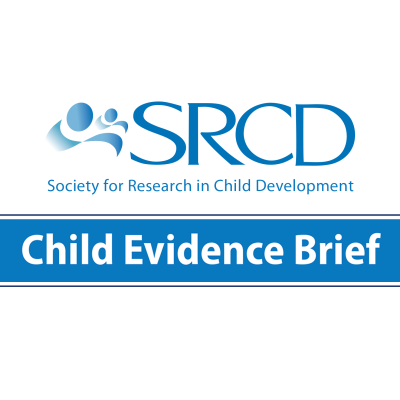Youth in Foster Care: Easing the Transition to Adulthood
Social Policy Report Brief, Volume 23, Issue 1
Why Does This Matter?
Every year, thousands of children in foster care move from adolescence to adulthood. Building on recent federal initiatives, policymakers will be crafting state and local strategies to ease this transition. Research and evaluation should be used to guide policy development for these vulnerable young adults.
The Fostering Connections Act encourages continued government engagement with foster youth into adulthood in order to improve outcomes.
Policy Implications
The Fostering Connections to Success and Increasing Adoptions Act of 2008 creates a federal policy framework to support children in foster care as they move to adulthood. But policymakers should take additional steps. Federal policymakers should:
- Revise the law’s eligibility requirements so they no longer exclude high-risk populations
- Develop support systems that will be needed by these youth based on what is known about the effectiveness of independent living and other transition services
- Actively involve the young adults who will be most affected by these programs
- Allow states to extend adoption assistance or guardianship payments through age 21 if the adoption or guardianship was arranged before the child’s 16th birthday
- Invest in research and evaluation in order to ensure success, including evaluating models of coordination between child welfare agencies and other public institutions that support young people in foster care
State policymakers should:
- Extend foster care past age 18, as they are able to do under the Connections Act beginning in 2011
- Assess programs and policies, using information from the National Youth in Transition Database that requires states to track how young people in foster care are doing between ages 17 and 21
- Extend Medicaid to former foster youth through age 21
What the Research Says
- Youth for whom foster care is extended do better educationally, earn more, have fewer pregnancies, and get more help during the period of transition; they are also more self-sufficient and do better on measures of personal well-being
- For all teenagers today, the transition to adulthood— including moving away from home, finishing school, starting a family, and becoming financially independent—takes place later; most teens rely on their parents for care and support through their 20s
- For young people who have been in foster care, the need for special assistance during the transition into adulthood is based on evidence that, compared to the general population, they:
- Are less likely to earn a high school diploma or GED, and less likely to attend college
- Suffer from more health problems and, due to difficulties getting health care, often have medical problems that are untreated
- Are more likely to be involved with the criminal justice system
- Struggle to achieve financial independence and often end up poor
- Move a lot and, in some cases, are homeless
- Are more likely to have children out of marriage and to have children with health, education, and behavior problems
Facts at a Glance
- 510,000 children lived in out-of-home care in the United States in 2006, according to the federal Adoption and Foster Care Analysis and Reporting System.
- Of those, 60 percent were members of an ethnic or racial minority group and 52 percent were male. Their average age was 10.2 years.
- Some 26,517 young people were discharged from foster care to independent living in 2006 (though this number doesn’t distinguish between those who chose to leave and those involuntarily discharged due to age, nor does it include runaways or youth reunited with their birth families).
- Youth aging out of foster care receive relatively few transition services: Surveys done in 2004 and 2007 found that significant numbers of older youth—up to 90 percent in some states--do not receive many services.
- Sound empirical evidence of what works in terms of independent living and transition services is hard to find
This brief summarizes a longer Social Policy Report, "The Difficult Transition to Adulthood for Foster Youth in the US: Implications for the State as Corporate Parent," by Mark E. Courtney, Ballmer Endowed Chair for Child Well-Being in the School of Social Work at the University of Washington.


